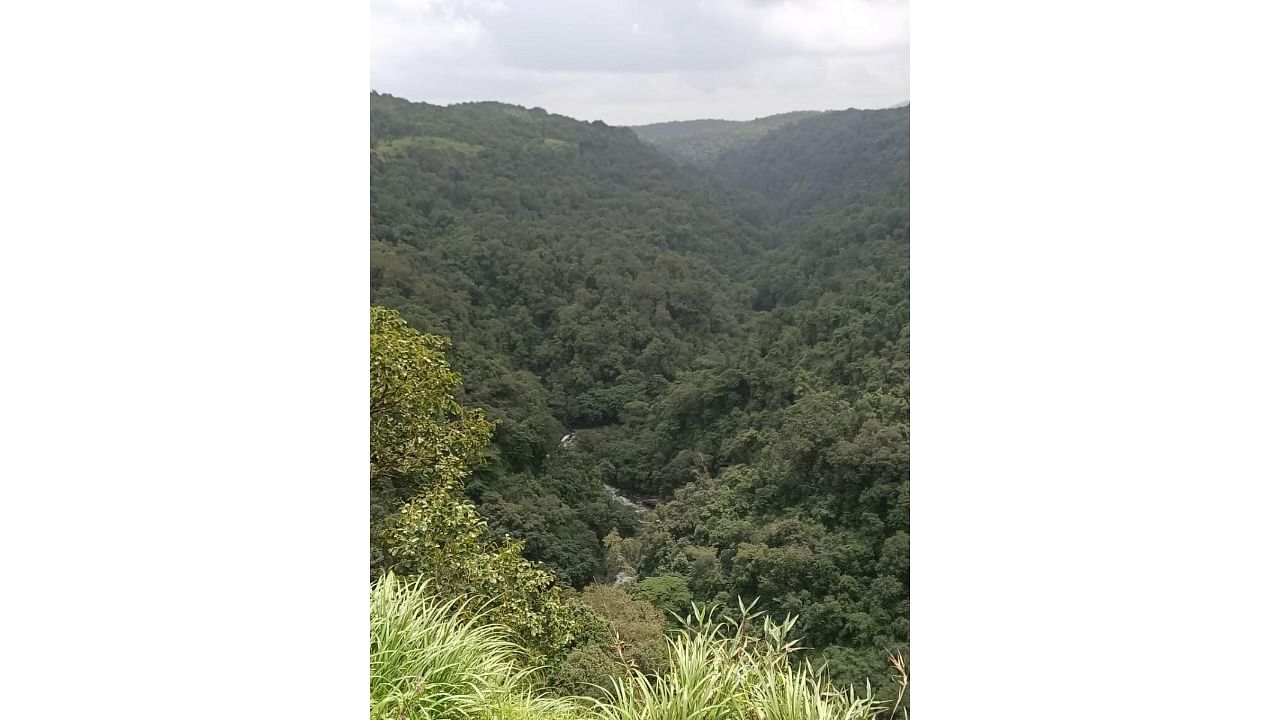
The Forest Department has discovered that tahsildars in Sakleshpur taluk of Hassan have illegally granted 1,511.09 acres of forest land and mutated an additional 986.38 acres as gomal (grazing land) at a time when the region is battling elephant menace.
The land in question is part of the 7,938.38 acres notified as forest land by a government order dated February 5, 1920, which further expressed the intent of declaring it as a reserved forest. The Forest Department has marked it as 'Moorkannu Gudda' forest.
Officers from Hassan were shocked to find large portions of land illegally granted by tahsildars. After a detailed study spread over several months, Hassan Deputy Commissioner of Forest N Ravindra Kumar has filed an appeal before the assistant commissioner for Sakleshpur taluk with details of the 508 grants made between 1980 and 2021.
"Besides the strict laws of Forest Conservation Act and several orders from the Supreme Court, the Revenue Department has made clear rules that forest land should not be granted for agricultural or other purposes. Tahsildars in the districts have been riding roughshod. The department is still finding more illegal grants which will be brought to the notice of the assistant commissioner in an additional appeal," an official told DH on condition of anonymity.
Revenue records of 986.38 acres were changed to convert the land from forest to Gomal or Kharab land.
"After multiple violations, the land was distributed to many people, including those displaced by the Hemavathy reservoir project," the official added.
Officials noted that the Karnataka High Court upheld the dismissal of a tahsildar (WP 20662/2017) for illegally granting forest land in Kolar. "Any land declared as forest under Section 4 (of the Karnataka Forest Act) cannot be diverted. The assistant commissioner, in his quasi judicial capacity, should cancel any grants in such areas to restore the sanctity of forests," another official said.
An official in Bengaluru said recovering forest land from illegal grants was a crucial exercise which has to be expedited to prevent man-animal conflicts.
"Barring 2020-21, Karnataka has seen cases of man-animal conflict growing every year, which is a worrying factor. An average of 20,000 cases of crop damage have been recorded in the last five years, which will only go up as natural habitat is destroyed," an official said.
Check out DH's latest videos: